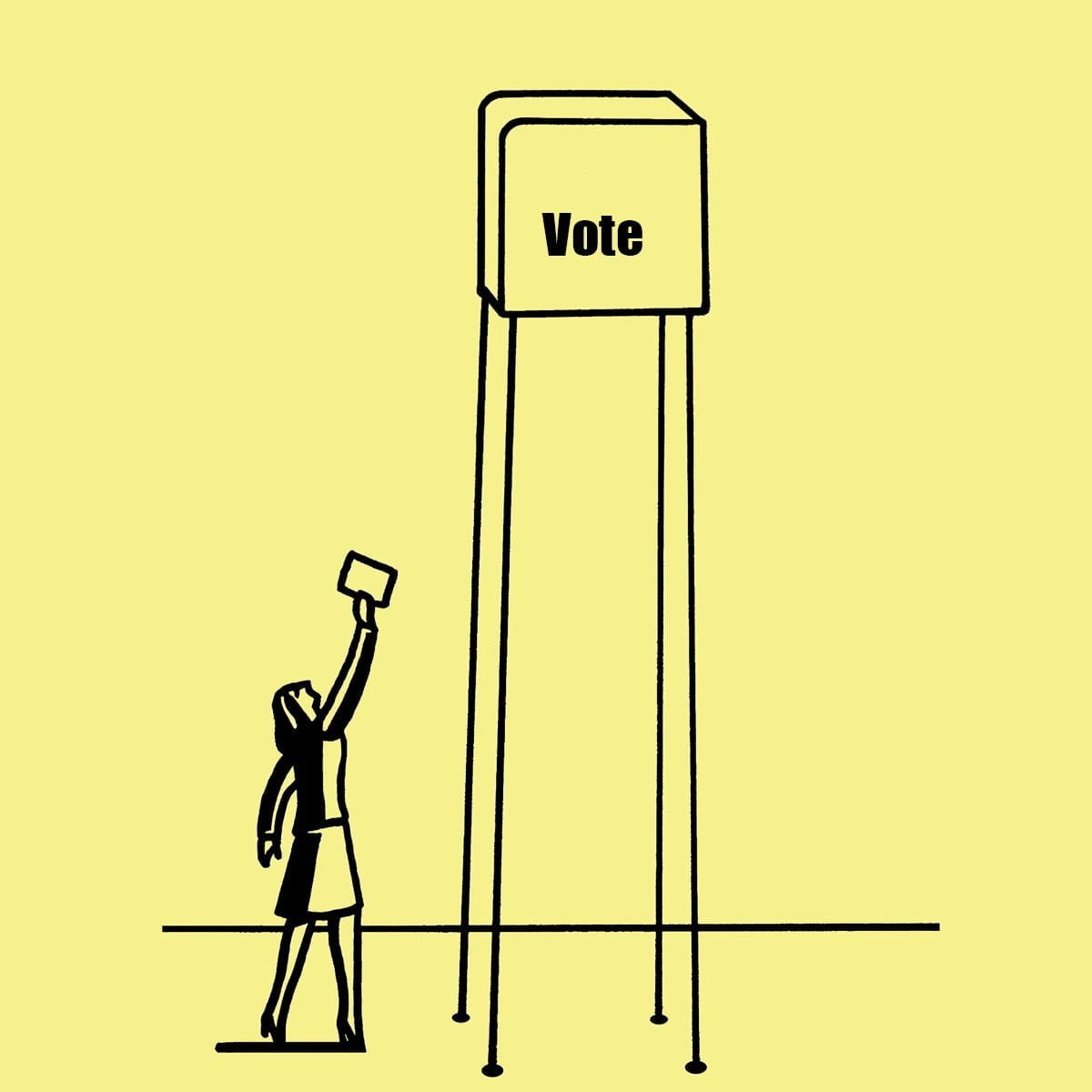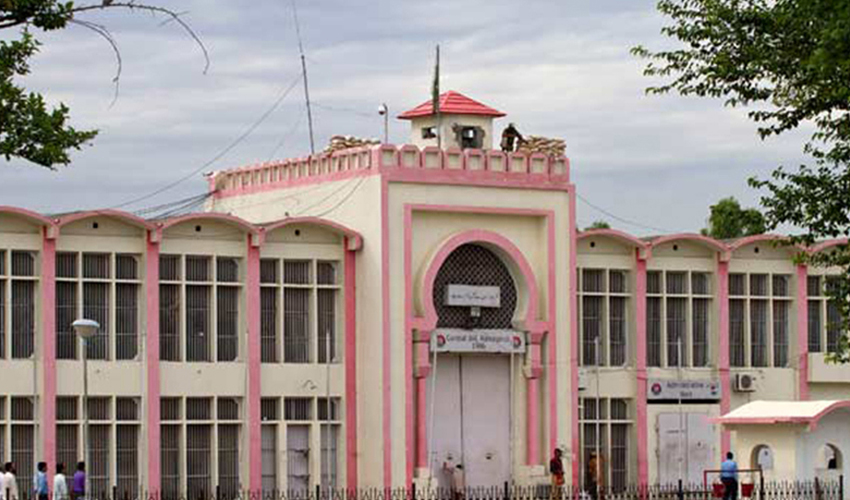Zainab Ilyas
The recent disclosure of voter registration figures by the Election Commission of Pakistan (ECP) has shed light on a concerning issue: the significant number of disenfranchised individuals in a population of approximately 240 million. The gravity of this situation cannot be understated, demanding immediate attention and action from both the government and the general public.
Voting serves as the bedrock of a vibrant democratic society, empowering citizens to actively participate in the political process and influence the selection of leaders who will shape the trajectory of the nation. By exercising their right to vote, individuals can effectively voice their opinions, aspirations, and visions for the future. A robust and inclusive electoral system with a high voter turnout is essential to ensure that the government truly reflects the will of the people, thus bolstering the legitimacy of the entire political framework.
Beyond its foundational role, active citizen participation in elections carries profound implications for the accountability and responsiveness of politicians and governments. When citizens engage in the democratic process by casting their ballots, they send a powerful message to elected officials that their actions will be scrutinized and judged based on their ability to address the needs and concerns of the constituents. This serves as a compelling incentive for politicians to be more responsive, transparent, and accountable in their governance, as they are acutely aware that their tenure depends on the satisfaction of the electorate.
Furthermore, a robust voter turnout fosters an environment of political discourse and deliberation, nurturing a sense of collective responsibility and shared ownership of the democratic project. When a significant portion of the population actively participates in elections, it ignites public debates, encourages diverse perspectives, and enhances the quality of policy discussions. This multiplicity of voices and viewpoints enriches the democratic fabric of the nation, leading to more informed decision-making processes and policies that better address the diverse needs of the society.
However, achieving a high voter turnout and addressing the issue of disenfranchisement requires concerted efforts from all stakeholders. The government bears the responsibility of creating an enabling environment that facilitates voter registration and ensures the accessibility and integrity of the electoral process. This entails establishing voter registration centers in remote areas, implementing voter education programs to raise awareness about the importance of voting, and employing technology to streamline the registration and voting procedures.
Equally important is the role of civil society organizations, media outlets, and community leaders in mobilizing and educating citizens about their rights and responsibilities as voters. They can play a pivotal role in fostering a culture of political participation, organizing voter registration drives, and disseminating information about candidates and their policy positions.
Moreover, it is incumbent upon individuals themselves to recognize the value and power of their vote. Each eligible citizen must take the initiative to register as a voter, stay informed about the political landscape, and actively participate in elections. Voting is not merely a right but a civic duty that must be embraced and exercised to safeguard the democratic principles upon which our society is built.
When a significant chunk of the populace remains disengaged, the clamor of marginalized communities falls on deaf ears, perpetuating inequality and undermining the very fabric of social justice. Moreover, a lackluster turnout can pave the way for the ascent of leaders who fail to resonate with the majority, resulting in policies that miss the mark when it comes to addressing the pressing needs of the people. And let’s not forget the consequential blow to the vitality of democracy itself—the dwindling level of political competition that threatens to weaken the very essence of our democratic system.
To confront this quandary head-on, the government must take proactive measures to champion initiatives that breathe new life into civic participation. It is imperative to dismantle the barriers that impede voter registration and active engagement, be it the woeful lack of awareness, the formidable hurdles of accessibility, or the logistical quagmire that hinders the exercise of the democratic right. This calls for strategic investments in comprehensive voter education programs and the adroit deployment of cutting-edge technology, such as registration vans and state-of-the-art e-registration systems, to streamline the voting process and pave the way for an inclusive and dynamic democracy.
A robust and thriving democracy hinges upon the unyielding commitment and zealous involvement of its citizenry. By bolstering voter turnout, the government holds the key to fortifying the teetering foundations of democracy itself. This steadfast endeavor not only amplifies the resounding chorus of the people but also engenders an environment that champions inclusivity, ensuring that the voices of all segments of society are heard and heeded. Ultimately, this concerted effort lays the groundwork for a more representative and equitable society that cherishes the principles of democracy in all their resplendent glory.
In conclusion, the revelation of low voter registration figures in Pakistan is a pressing concern that demands immediate attention. Voting is the cornerstone of a robust democracy, enabling citizens to shape their governance and hold elected officials accountable. A high voter turnout not only strengthens the legitimacy of the political system but also fosters transparency, accountability, and effective governance. Achieving this requires collaborative efforts from the government, civil society, media, and individual citizens to ensure an inclusive and accessible electoral process. Only by empowering every eligible citizen to exercise their right to vote can we truly build a vibrant and participatory democracy that reflects the will and aspirations of the people.
Subscribe our website for latest updates:
https://republicpolicy.com/shop/
Read More
















